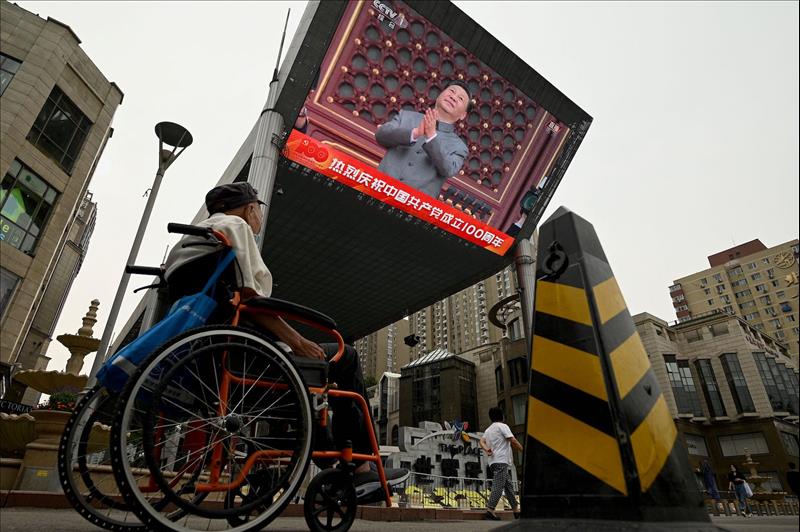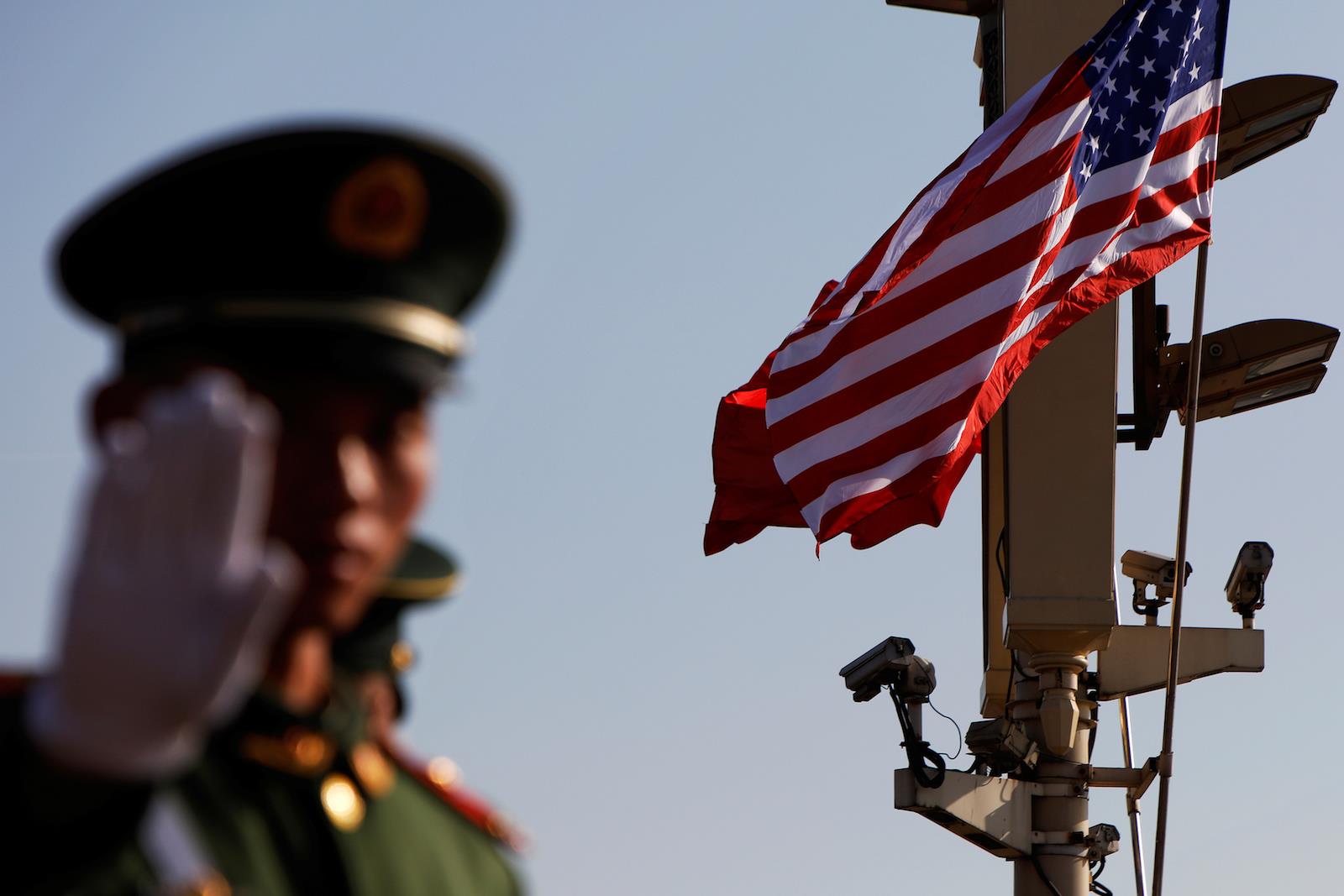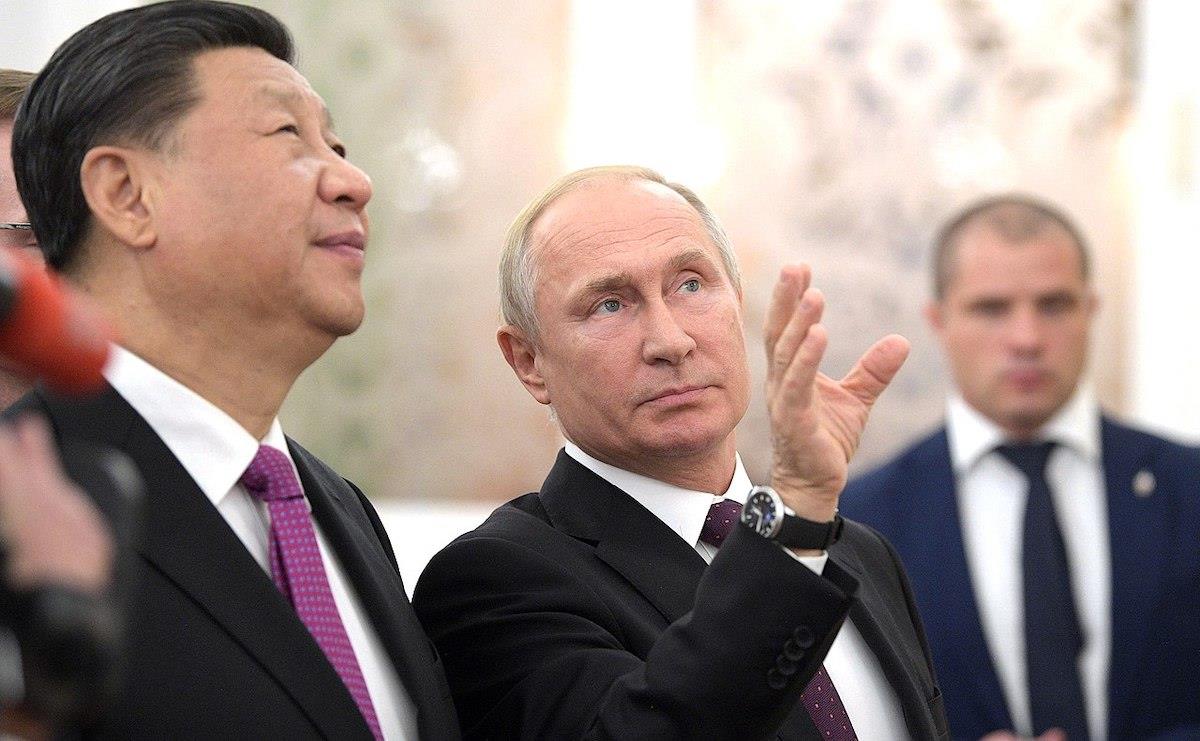
Economic Success Morphs To Security Fear In China
US politicians' cynical blame of China for America's most difficult domestic problem, the development-driven transition from a manufacturing to a services workforce has an exact counterpart in China.
That is Beijing's tendency to cast blame outside for its own most difficult domestic developmental problem, namely the economic and political management issues that emerge from social complexity.
For China, successful economic development brings two predicaments, one domestic and one foreign.
Domestically, rapid development quickly makes the economy and society more complex. An economy that consisted predominantly of peasants, rural managers, roadbuilders and simple manufacturers suddenly has thousands of large, interconnected manufacturing industries, a complicated and transformative tech sector and a highly differentiated services sector.
A complex economy entails a complex society. In 2015, China had over seventy-seven million companies and the number was growing by 11.8% per year. People who once were satisfied by having enough to eat now want different things.
Because of China's successful development, each sectoral group in that complex society now has money, education, and organization to push its demands, making political management of interest groups more difficult.
Large enterprises can make strong attempts to influence or capture government policies, as happened when Jack Ma criticized the state banking sector and its regulators.

Jack Ma. Photo: Asia Times Files / AFP / Philippe Lopez
This complex economy is much more difficult to manage centrally, and the complicated society is also much more difficult to manage centrally.
In all the Asian miracle economies, this rapid emergence of social complexity leads to a crisis of success. Big, government-supported companies get into financial difficulties. Often a property bubble bursts. The government experiences a financial squeeze – in China, this is manifested by local government difficulties.
Demonstrations rise: South Korea experienced the Gwangju upheaval in 1980 and Taiwan experienced the Kaohsiung riots in 1979 while in China demonstrations rose by an order of magnitude in the early years of this century; eventually the government stopped publishing statistics on the phenomenon.
Companies and sectoral associations challenge government policies and may capture parts of the state. Such crises happened in South Korea, Taiwan and Japan in the 1980s. All of them responded by accommodating the complexity through more market-oriented economics and more market-oriented politics. By accommodating complexity, they achieved stability, high incomes and high technology.

Legal Disclaimer:
MENAFN provides the
information “as is” without warranty of any kind. We do not accept
any responsibility or liability for the accuracy, content, images,
videos, licenses, completeness, legality, or reliability of the information
contained in this article. If you have any complaints or copyright
issues related to this article, kindly contact the provider above.



























Comments
No comment